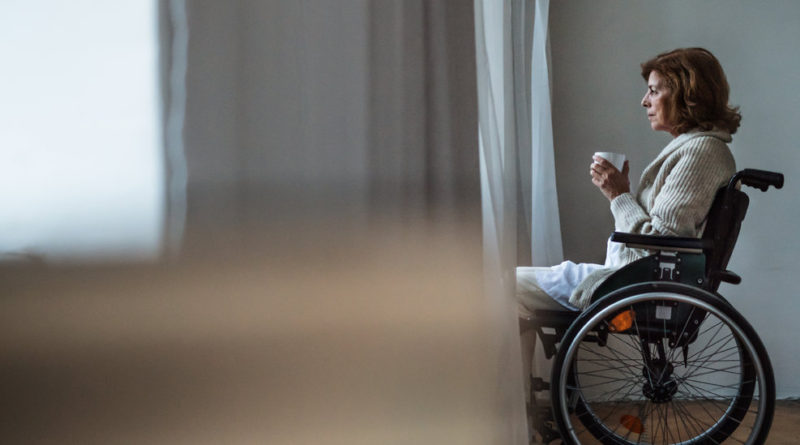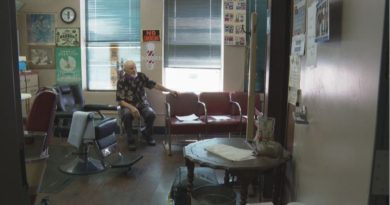Opinion | For Older People, Despair, as Well as Covid-19, Is Costing Lives
What might we do differently?
Some solutions are simple: Wear the right kind of mask in the right way when outside and recognize that wearing one is about having consideration and respect for the people around you. Similarly, respect physical distancing limits with everyone you pass.
Whatever your age, make contact with the older people in your life, both to offer your help and companionship, if wanted, and to ask for theirs. The human need for daily structure and purpose knows no age boundaries. Grandparents can be put in charge of the school day from afar while parents work. Older people with time and means and digital skills can make support calls to other elders to provide everything from conversation to technical support. Often the best teacher is a person who knows where the learner is coming from.
Multiple generations can join family or friend “social pods” to create larger groupings that offer new interpersonal opportunities and practical support. Such pods can be part of our gradual reopening and are most likely safe if participants rigorously adhere to public health measures.
Anyone feeling that their days are too empty or dull can get active or political. You can volunteer for one of the many social service or health organizations serving elders, particularly those in poorer communities, especially those of color where social inequities are multiplicative. You can also call or write or tag Congress and demand testing and personal protection equipment for elder care facilities or investigation of the ways the nursing home lobby has achieved policies that harm elders and their hired caregivers.
Nursing homes and assisted living facilities should provide small group walks with masks and social distancing, use outdoor places for socially distanced conversation and exercise and ensuring all residents have digital access to family and friends.
We should all be asking why we can’t create safe streets and businesses for all ages so that protecting elders from the ravages of Covid-19 doesn’t require impoverishing their lives.
Each of these steps offer not only practical help but something at least as important: Hope that life will improve in the not too distant future.
Louise Aronson is a professor of medicine at the University of California, San Francisco, and the author of “Elderhood: Redefining Aging, Transforming Medicine, Reimagining Life,” a finalist for the 2020 Pulitzer Prize in general nonfiction.
The Times is committed to publishing a diversity of letters to the editor. We’d like to hear what you think about this or any of our articles. Here are some tips. And here’s our email: letters@nytimes.com.
Follow The New York Times Opinion section on Facebook, Twitter (@NYTopinion) and Instagram.




